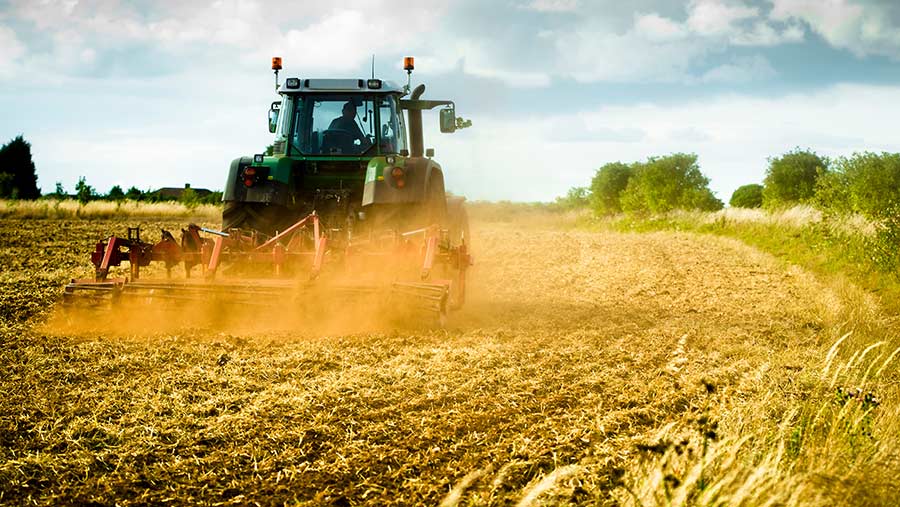Opinion: Farmers getting plenty of mixed messages
 © Adobe Stock
© Adobe Stock These are confusing times to be a farmer, torn between concerns about the impact that food production has on the environment and the need to grow ever more food for a rapidly expanding global human population.
But whatever we, as British farmers, think should be the priority in terms of how farmland is used, that is secondary to what our governments decide is the best way ahead.
See also: Opinion: my days of buying cheap heifers are over
With food production in the UK currently alarmingly unprofitable, only a fool would dare set up a farm business that ignored the financial incentives being offered by the UK’s different national governments and assemblies as they “recycle” £3bn a year of withdrawn Basic Payment Scheme (BPS) payments into other forms of subsidies and financial incentives.
Wheat at £170/t? Oilseed rape at £380/t? Fat lambs at £130 a head? Fat cattle at £5/kg and milk at 38p/litre? And all without any taxpayer support? I think I can speak for most farmers and say: “No thanks.”
Then there is that post-Brexit trade agreement with Australia, for example, a deal that even ex-Defra secretary (and ultimate Brexiteer) George Eustice has since described as “not very good” – granting tariff-free access to the UK for Australian red meat.
Apparently, our farming peers Down Under can’t believe their luck.
Although there are inevitable variations in terms of farm policy between the UK administrations, the direction seems clear.
The emphasis is decidedly on more wildlife conservation and less greenhouse gas emissions and, therefore, less food production.
On my own farm, which mostly consists of Grade 3 and worse of the badlands of East Sussex, I am already heavily committed to conservation through a long-standing Countryside Stewardship (CS) agreement.
The recent announcements of improved payment rates for CS in England have therefore been extremely welcome as my BPS receipts were in freefall, and the struggle to avoid financial losses from farming 400 head of cattle, 1,000 head of sheep and 120ha of cropping becomes ever harder.
The revised CS and developing Sustainable Farming Incentive (SFI) offers in England are surely only likely to make farmers think ever more seriously about committing to CS or taking up fallow arable options under SFI that avoid the risks of producing grain in such volatile global food commodity markets.
No wonder a commodity trader at my farming co-op told me how nervous she is about the prospect of reduced trading volumes in coming years.
So, all is set for an ever-greener British agriculture. Or is it?
As a result of recent farmer protests in Germany, France and Belgium, we have seen EU political leaders abandon commitments to cut agricultural greenhouse gas emissions and pesticide use.
Similarly, a proposal to set aside farmland for wildlife has also been dropped like a hot potato.
Even mention of some of these greening measures was completely erased from policy documents just before publication.
How, say, a future Labour government in England might respond to such a volte-face in farm policy just across the Channel remains to be seen – after all, Sir Keir Starmer has already dropped his party’s £28bn Green Prosperity Plan.
So he may have a radical rethink in terms of whether the current greening policies for agriculture in England risk a collapse in food production.
These are indeed confusing times to be a farmer.

